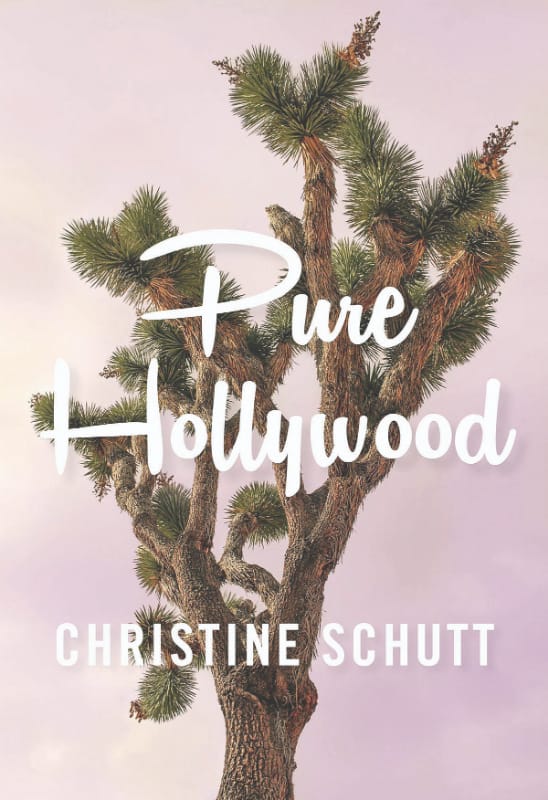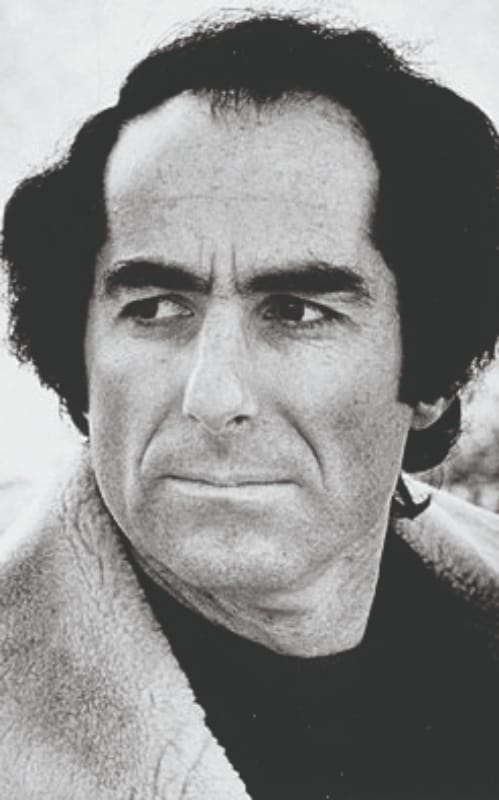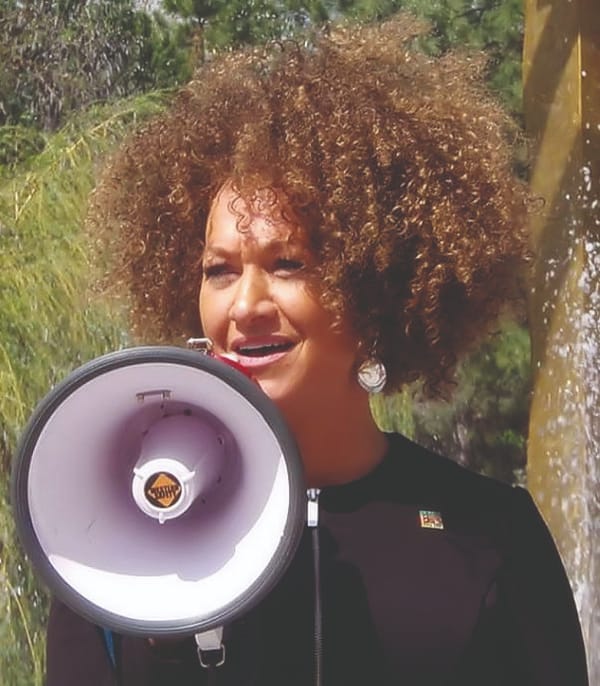Pure Hollywood: a long-anticipated UK debut proves to be worth the wait
Christine Schutt’s short story collection is unsettling and haunting, with her mastery of language used to perfectly portray her lonely, isolated subjects.

California, despite its associations in popular culture with dreaming and love and soul, can be an inhospitable place; the beauty of the sunshine that gives the state its nickname is tempered by its power – to dessicate, oppress, and crack open, like asphalt rutted open by an eternal summer. In her seminal essay ‘Some Dreamers of the Golden Dream’, Joan Didion, whose acuity in portraying the hollowness of the everyday is deeply unsettling, writes of a California buffeted by the Santa Ana wind, which “comes down through the passes at 100 miles an hour and whines through the eucalyptus windbreaks and works on the nerves.” It’s a land where “every voice seems a scream”, caught in “the season of suicide and divorce and prickly dread, wherever the wind blows.”
These words by Didion are what come to mind when reading the pieces contained within Pure Hollywood, the latest collection of short stories by American writer Christine Schutt. Despite the fact that Schutt’s tales zip all over the American landscape, they remind me, at their heart, of the emptiness commonly associated with cities like Los Angeles, of ripeness curdled into rot, of the unsettling power of the Santa Ana wind.
The stories, which range greatly in length, from several dozen pages through to a couple of paragraphs, are concerned with lonely, maladjusted individuals, struggling to make their way through life. A horse trek through mountainous terrain sees a woman plagued with uncertainty; a young actress goes to the stage lot while her older husband has a cardiac arrest in the swimming pool; a widow sinks into a slumber of anger and fear and drink.
“Christine Schutt’s stories make me think of ripeness turned to rot, and the Santa Ana wind”
Schutt writes with a detached prose style, keeping her subjects at arm’s length, making use of this distance to create a sense of the uncanny. It’s a deeply unsettling technique, one aided and abetted by her skill in creating a sense of bodily horror to rival Cronenberg.
In ‘Species of Special Concern’, for example, an unanticipated TSA search takes a couple by surprise – “They hadn’t expected a pat-down at security, and tried to explain what was inside Nancy that made the machines beep”. Or in the two-page ‘Where Do You Live? When You Need Me’, which takes place one hot New York summer in the 1980s, a season “when little parts of little bodies turned up in KFC buckets in dumpsters in the city…weeks of record heat and brown air”. This neutral horror is perhaps most brilliantly explored in ‘The Hedges’, in which a wealthy couple take their two-year old child to a holiday resort. From the start, Schutt sets up a delicious tension: with the child suffering from an unspecified illness, she describes the “clotted, green-sound of her little boy’s breathing, an unwell honk that did not blend in with the sashaying pants and beachy-wet breeze of the island.” The family drift around the resort under a cloud of frustration and resentment, with the mother Lolly, only interested in the answer to the question “how long did motherhood last?”. The son is described in a way that makes the gorge rise in the throat: “cereal stuck to him, as it would to anything that oozed.”
And, of course, things inevitably come crashing down on the family, and – likewise – on the reader. There is an existential threat lurking in the corner of all of Schutt’s stories, a sense of inevitable tragedy, slick with cold sweat, that inhabits her pages. Planned picnics are suffused with a migraine aura of resentment – “the food they ate was too salty or too dry: no tastes to speak of” – while characters are assailed by the world outside the bubbles they have constructed: “muted new flickers on the flat screen: gaudy mayhem.” And while Schutt’s characters may have “pooh-poohed the ominous signs”, the readers cannot.
“Schutt writes with a detached prose style, and body horror to rival Cronenberg”
Schutt’s prose style is a thing of wonder and frustration: she constructs her sentences full of interjections and meanderings, drawing the reader in a circuitous route towards their destination. Frequently dry and curt, Schutt will sucker punch the reader with a series of barbs, before delivering sentences of lyrical beauty and grace, which stand out like sharp cacti in a flat desert. The end sentence to her story ‘The Lady from Connecticut’, for example:
“Cars pass, several in a row, from a party, perhaps, following each other home – sober drivers, she hopes, soberer than she, yet she moves back in the ditch, which isn’t a ditch so much as a broad rut filled with fallen leaves and broken branches, fieldstone and mist rising over a landscape pierced as quaintly as a quilt, and the lady from Connecticut, a loose stitch in it.”
The stories in Pure Hollywood are prickly things indeed. Schutt’s vision is flat and unflinching and unforgiving, like a photo taken with too much flash. Like a flash, however, the collection lingers in the mind, imprinting itself upon my closed eyelids long after I put it down. The Santa Ana wind runs through Shutt’s pages, rattling skeletons, kicking up dust, and, always, turning the page.
PURE HOLLYWOOD by Christine Schutt And Other Stories. 120 pp.









